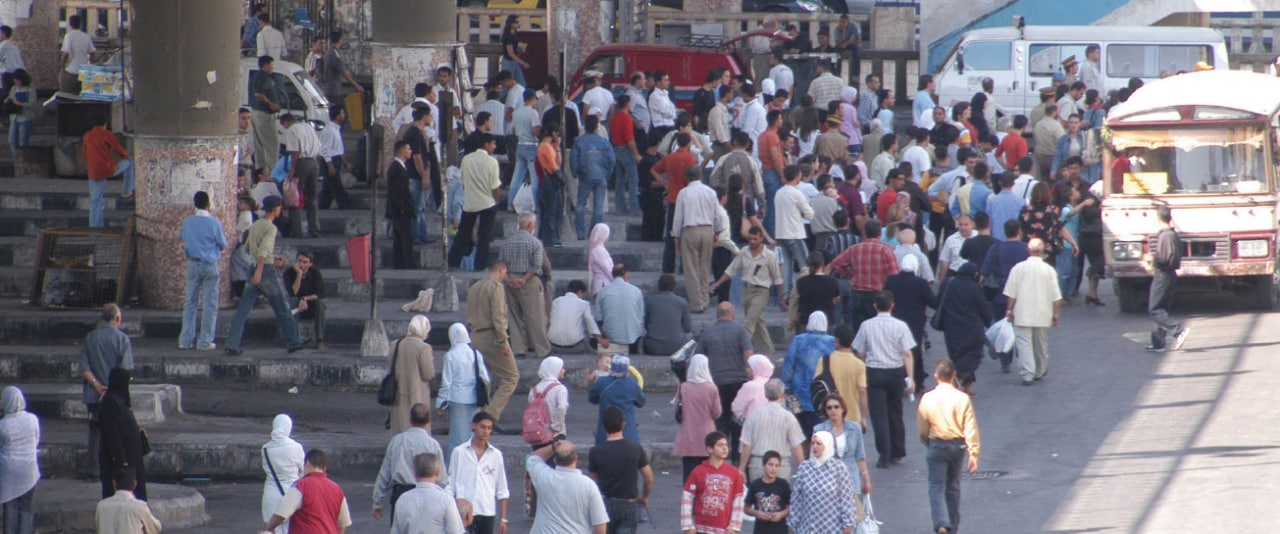Over the past two days, the capital Damascus has witnessed large congestion and increased traffic on transport lines, especially in lines that witness large gatherings such as the President Bridge, al-Baramkrh, and al-Thawra Street. This came in conjunction with information about a reduction in the proportion of governorates’ allocations of fuel, which led to many public transportations being out of service.
Al-Watan newspaper quoted an official source in Damascus governorate as saying that the reduction rates of gasoline and diesel for transportation reached 25 percent, which clearly affected the work of transportation from taxis and microbuses in the capital.
The source revealed that the number of daily orders in the capital is estimated at 24 requests per day of gasoline and diesel, hoping for near-breakthroughs in the level of fuel and the return of quantities and allocations to what they were last month.
Officials in the Damascus governorate confirmed in March that more than 6,500 vehicles are supplied daily with fuel and that the number of daily requests for the transport sector reached 14, bringing the total amount allocated daily to 300,000 liters of gasoline.
According to sources, the quantities and allocations are given to the fuel committees in the governorates that manage and distribute them as required. They stressed the need to speed up the application of the (GPS) system due to its great importance in controlling the substance and not trading it on the black market and exploiting the current situation. They pointed out that 40 percent of the quantities allocated to the governorates go to the transport sector, which requires speeding up the application.
Read Also: Three Corrupt Officials Control Fuel Market in Daraa
The Damascus governorate is counting on the application of GPS on public transport, with the aim of preventing the owners of the taxis from selling their fuel allowances on the one hand and ensuring compliance with their routes because they are monitored on the other.
GPS is a circuit for tracking and tracing the movement of vehicles, installed on public transport (buses and microbuses). The device is programmed by a program that monitors the trajectory of the microbus line from the beginning to the end of the route, and when there is any malfunction in the vehicle’s trajectory, a notice is sent to the operating and monitoring room of the concerned authorities.
In related news, a source in the Oil Ministry claimed that the reason for the decrease in allocations to the governorates was the delay in the arrival of supplies as a result of “sanctions and unjust blockades.”
This article was translated and edited by The Syrian Observer. The Syrian Observer has not verified the content of this story. Responsibility for the information and views set out in this article lies entirely with the author.


